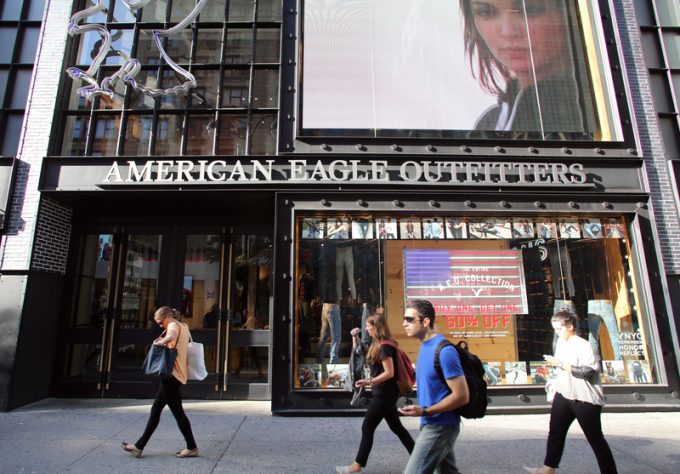HutchWatch: Beijing furious; Panama may have to wait
Beijing blindsided?

US apparel retailer American Eagle is beefing up its fulfilment and returns capabilities with the acquisition of a second 3PL in two months, after agreeing to pay $350m for Quiet Logistics, one of its current logistics providers.
American Eagle described the acquisition as “the next step in an ongoing supply chain transformation”, and it follows the takeover of AirTerra in early September for an undisclosed sum.
Chairman and CEO Jay Schottenstein said: “An important pillar of our strategy is transforming our supply chain ...
'Disastrous' DSV-Schenker merger would 'disrupt European haulage market'
New senior management for DSV as it readies for DB Schenker takeover
Volumes set to 'fall off a cliff' as US firms hit the brakes on sourcing and bookings
Asian exporters scramble for ships and boxes to beat 90-day tariff pause
Amazon pushes into LTL for small package fulfilment and UPS does a u-turn
Temporary tariff relief brings on early transpacific peak season
Pre-tariff rush of goods from US to China sees air rates soar, but not for long
Forwarders 'allowing the fox into the chicken run' by supporting 'hungry' carriers

Comment on this article